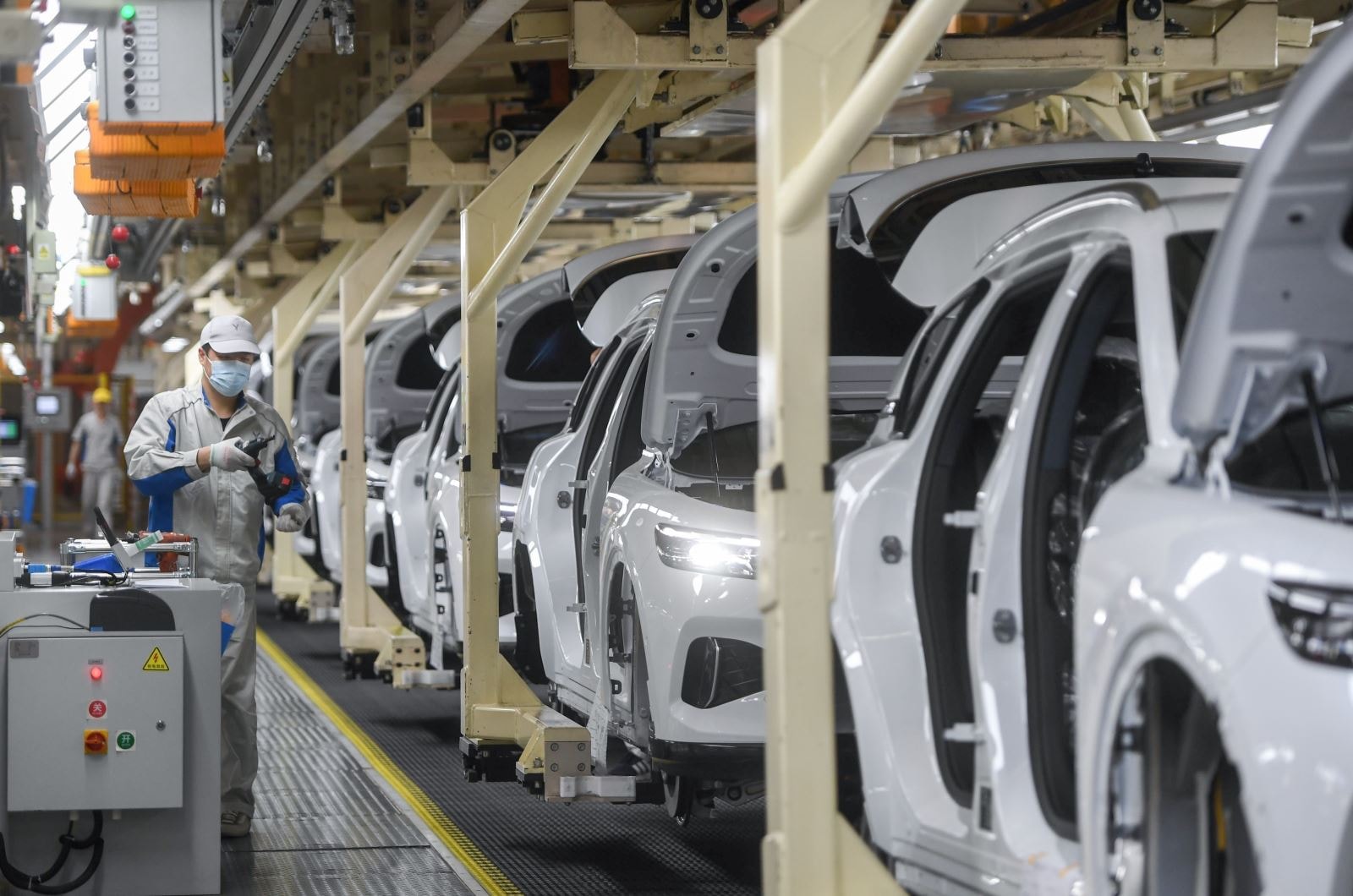Ethiopia has sent shockwaves around the world by becoming the first country in the world to ban the import of petrol and diesel vehicles.

According to the French newspaper Le Monde, Ethiopia recently caused a global stir when it became the first country in the world to ban the import of gasoline and diesel vehicles, a bold decision with the goal of promoting the use of electric vehicles in the country.
The regulation comes as the Horn of Africa nation faces a number of economic and environmental challenges, but it also opens up a new direction in the fight against climate change.
Economic goals
Ethiopia, with a population of 120 million, has taken drastic steps to reduce its dependence on fossil fuel imports.
In 2023, the country spent more than 6 billion euros on gasoline and diesel imports, which contributed to a serious foreign currency shortage. Therefore, the move to ban the import of internal combustion engine vehicles is not only an environmental protection strategy but also an economic measure to cut foreign currency costs.
Yizengaw Yitayih, senior climate expert at Ethiopia's Ministry of Transport and Logistics, stressed that this is a step to rationalize foreign currency spending and promote a green economy.
The Ethiopian government has also taken strong measures to support electric vehicles (EVs) by drastically reducing import taxes. Before the ban, taxes on gasoline-powered cars could be as high as 200%, while taxes on fully assembled EVs were just 15%. This has encouraged the growth of a domestic EV industry, with companies like the Belayneh Kindie Group assembling hundreds of EVs from parts imported from China.
Infrastructure and power challenges
Despite Ethiopia’s bold move, the country still faces significant challenges, particularly in terms of infrastructure. Currently, Ethiopia has only about 50 public charging stations for electric vehicles, a small number compared to its potential future demand. Additionally, less than half of Ethiopia’s population has access to electricity, making the transition to electric vehicles even more difficult.
However, the Ethiopian government of Prime Minister Abiy Ahmed has pledged to promote green energy, especially hydropower. The Ethiopian Renaissance Dam on the Nile River became operational in 2022 and is currently generating 1,550 megawatt hours (MWh) of electricity, with plans to expand to 5,000 MWh in the future. With 96% of Ethiopia’s electricity coming from clean hydropower, switching to electric vehicles has dual benefits for both the financial and environmental sectors.
Ethiopians are already feeling the effects of the new policy. “I no longer have to wait in line for gas on the road,” said Mikial Belayneh, a resident of the capital Addis Ababa who switched to an electric vehicle in early 2024. For Belayneh and many others, switching to electric vehicles will not only save them money on fuel, but will also help alleviate the fuel shortages that have plagued many drivers in the capital Addis Ababa.
However, electric car ownership is still limited to high-income groups, due to the high cost of buying a car. Although the government has reduced import taxes, the price of an electric car is still too high compared to the income of most people.
To address this problem, many experts have called on governments to invest more in electric public transport, such as electric buses, so that everyone can have access to cleaner and more efficient means of transport.
Ethiopia is hoping to quadruple its electric vehicle fleet to more than 400,000 by 2032. While the country still faces many challenges, Prime Minister Abiy Ahmed’s government has shown a commitment to promoting renewable energy and electric vehicles.
With the right policies and support, Ethiopia can become a model for other countries in transitioning to sustainable transport, while reducing dependence on fossil fuels.
Although Ethiopia is the first country to ban the import of gasoline and diesel vehicles, with drastic steps and a sound strategy, the country could soon see major benefits from the green revolution in the transportation sector.